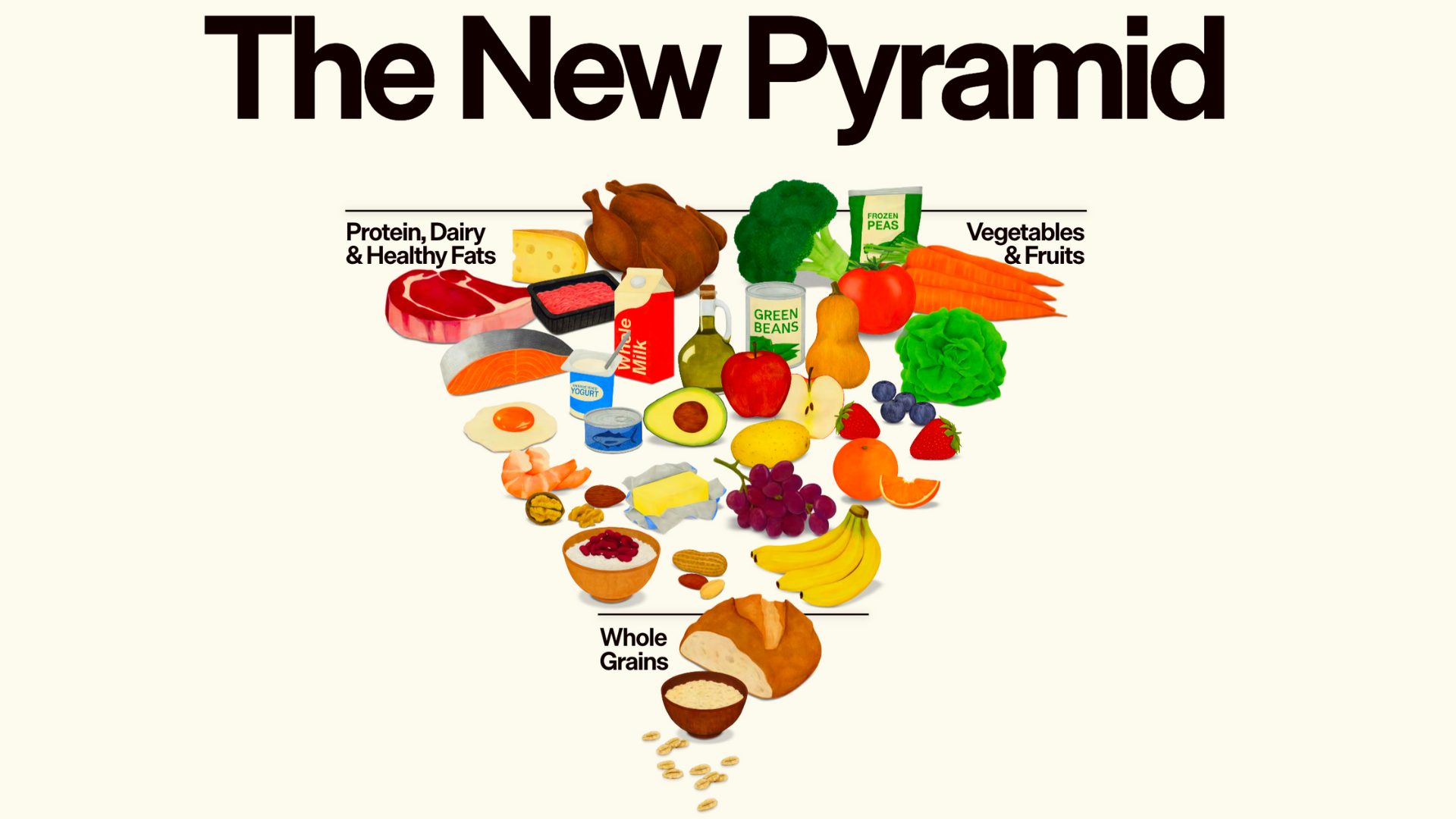Ultra-processed foods (UPFs) are making headlines seemingly every day at the moment, as they’ve been linked to health issues ranging from childhood obesity to infertility.
But which qualities actually define an ultra-processed food, and what are the actual risks associated with them?
While a singular, universally accepted definition of UPFs has yet to be established, the Trump administration recently released its Make America Healthy Again (MAHA) Commission Report, which offered some insight.
The report referred to UPFs as “a category of industrially manufactured food products that undergo multiple physical and chemical processing steps and contain ingredients not commonly found in home kitchens.”
It also highlighted the definition outlined in the NOVA food classification system, or “industrially manufactured food products made up of several ingredients (formulations) including sugar, oils, fats and salt, and food substances of no or rare culinary use,” clarifying that food substances of no culinary use include “additives such as flavors, colorants, non-sugar sweeteners, and emulsifiers.”
In addition, the report stated that, while definitions may vary, “for the purposes of this assessment, UPFs refer broadly to packaged and ready-to-consume products that are formulated for shelf life and/or palatability but are typically high in added sugars, refined grains, unhealthy fats, and sodium and low in fiber and essential nutrients.”
Non-UPF Verification
One organization, the Non-GMO Project, is aiming to clear things up even further through its pilot program, Non-Ultra-Processed Foods (Non-UPF) Verification, which includes the following F&B brands:
- Bear
- Heray Spice
- Levelle Nutrition
- Olyra
- One Mighty Mill
- Simple Mills
- Spindrift
- Yes Bar
- Amy’s Kitchen
- Califia Farms
- Caulipower
Interestingly, many of these brands are manufacturers of plant-based products – a sector that especially came under fire for its alleged use of ultra-processed ingredients a while back.
Plant-Based UPFs vs. Animal-Derived UPFs
Before the MAHA report was released, the Physicians Committee for Responsible Medicine argued that the greatest health risks associated with UPFs come from meat and dairy products that are high in saturated fat and cholesterol – not plant-based processed foods.
The organization cited research linking animal products to a 44% higher diabetes risk and also highlighted the fact that some plant-based UPFs, such as certain cereals, have actually been shown to reduce the risk for some chronic diseases.
So, why has the plant-based sector been blamed for the bulk of the health issues surrounding UPFs – especially in light of these findings?
A 2020 Super Bowl ad may offer some clues.
The Center for Consumer Freedom, a group that describes itself as a nonprofit “devoted to promoting personal responsibility and protecting consumer choices,” ran a Super Bowl commercial suggesting that plant-based meat alternatives were not as healthy as consumers believed.
The ad featured a spelling bee contestant who was asked to spell the word “methylcellulose,” which the judge defined as “a chemical laxative that is also used in synthetic meat,” including those produced by the likes of Beyond Meat and Impossible Foods.
Despite claims from the Mayo Clinic and other organizations that there was no evidence indicating that the use of fiber supplements like methylcellulose was harmful, the damage was already done – and the ad came right as Beyond and Impossible had secured partnerships with QSR giants like Burger King, KFC, and McDonald’s.
It’s worth noting that the CEO of the Center for Consumer Freedom, Richard Berman, had earned quite a reputation for himself due to his work as a lobbyist for industries like Big Tobacco.
“[Bergman] put out information suggesting that plant-based burgers are unhealthier than meat-based burgers, which is not substantiated by any sort of science,” said Gianna Klein, a campus education coordinator for Campus Action Now (CAN), a program of the nonprofit Switch4Good.
“But that kind of fear mongering created this association between a plant-based diet and consuming high quantities of ultra-processed foods,” Klein told FI.
CAN is currently partnering with a university marketing research course to gain more insight into the public’s perceptions of UPFs, as consumer education remains a challenge.
CAN campus education manager Lucy Whitney also highlighted the fact that nutrition scientists are still trying to determine which specific attributes make UPFs so harmful, citing the causal relationship that’s already been established between high sodium levels and health issues as one example.
The Food Institute Podcast
How can a food industry trade show spark global culinary creativity? Anuga’s JP Hartmann, U.S. Consul General Preeti Shah, and World Food Championships’ Nikki Jackson share their perspectives on how the U.S. presence at Anuga 2025 is helping to bridge culinary experiences together.











